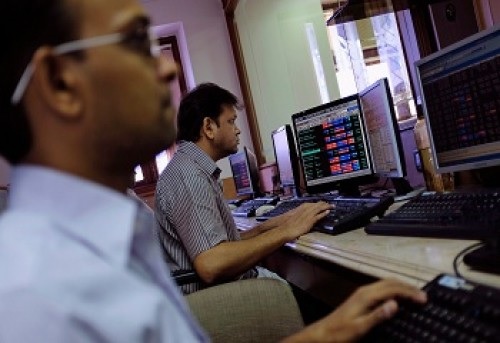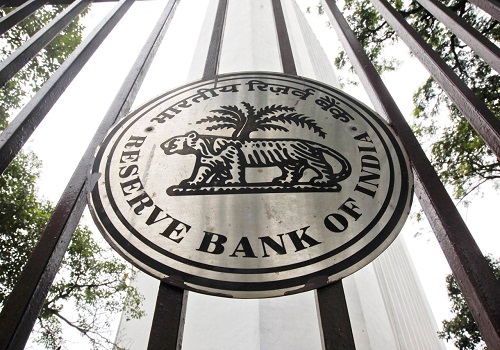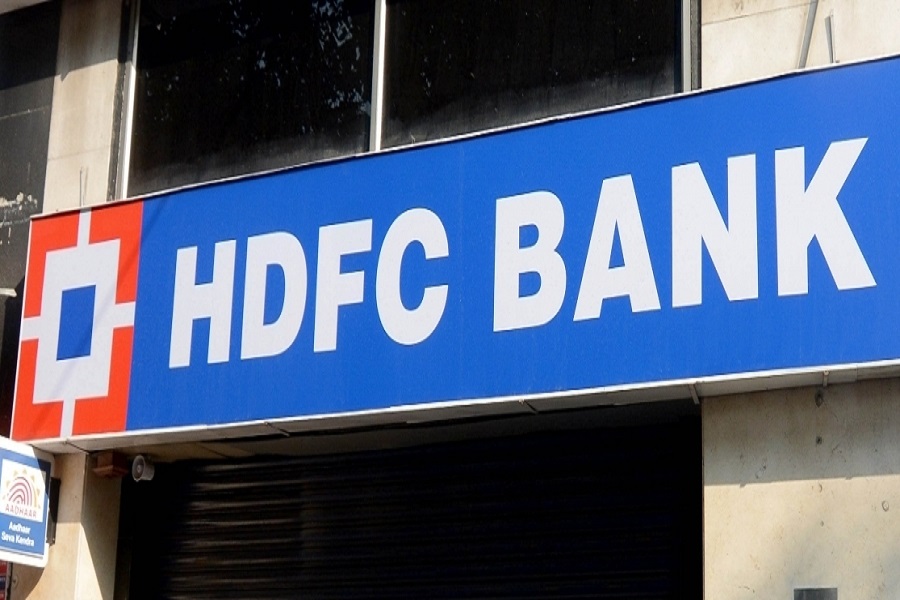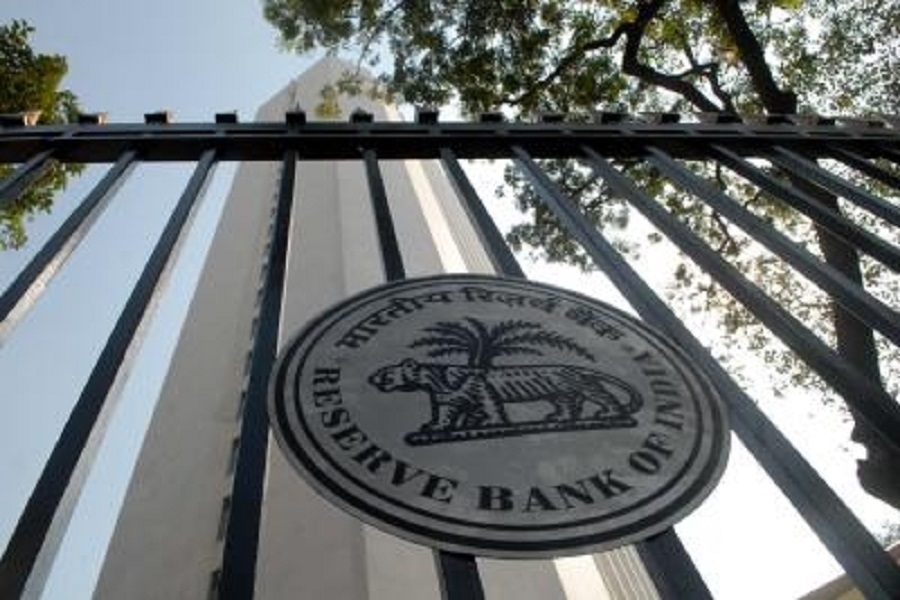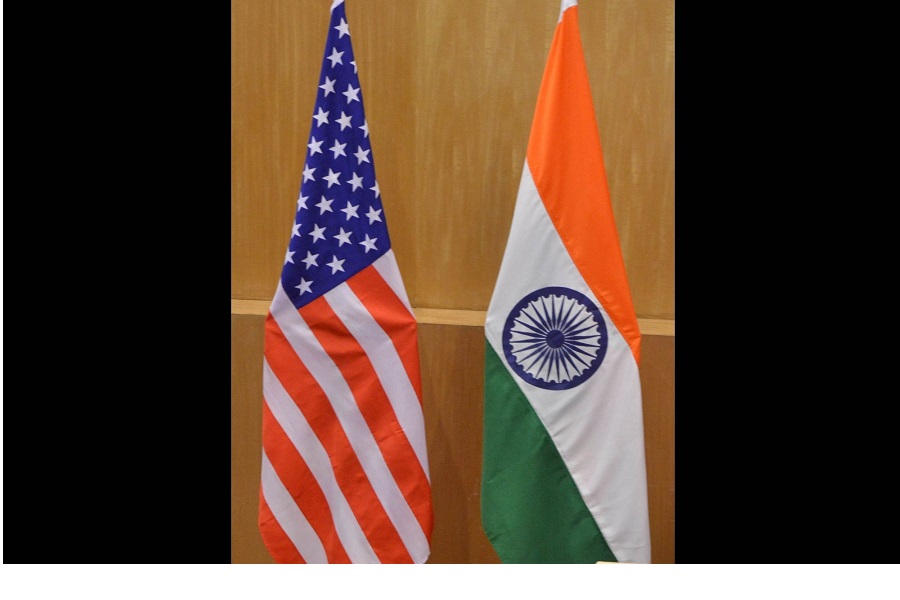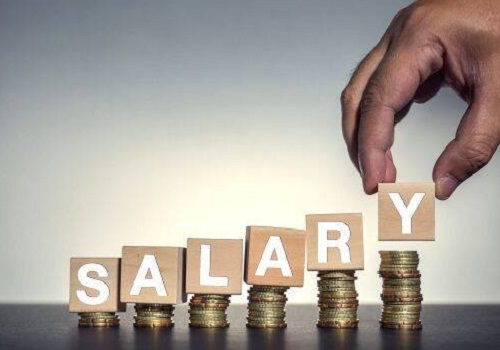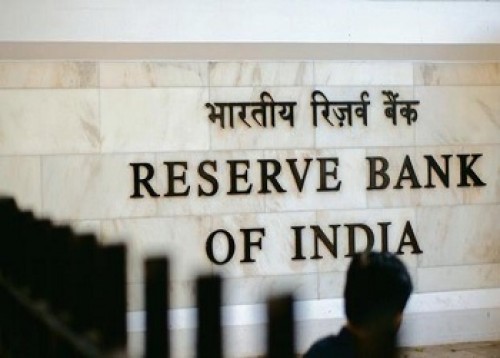CPI inflation to average 4.8 per cent in 2024-25: SBI report
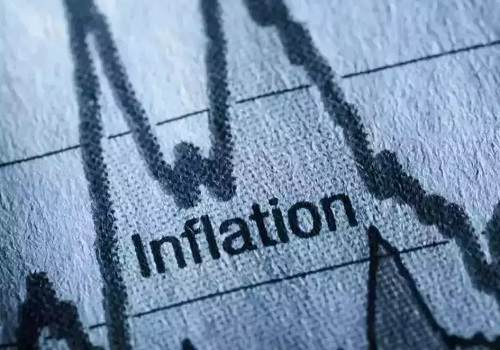
CPI inflation is likely to average 4.8 per cent with an upward bias for the full financial year 2024-25 as evolving food prices play a key role, according to an SBI report.
“With continuous moderation in fuel prices (fuel and light inflation is in negative territory for the last 15 consecutive months), inflation is currently being driven by food price only,” the report states.
“We expect RBI to cut rates in February 2025 by a cumulative 75 bps over the rate cut cycles and such a decision is unlikely to be impacted by what could happen to US dollar, as was the case in 2018 when the RBI did not hike rates even as the rupee was under enormous pressure,” the report further states.
According to the SBI report, retail inflation rates among Indian states are converging toward a 4 per cent target level (basis Sigma-Type methodology in the last decade) underscoring that inflation targeting in a broader sense is working.
In principle, Sigma convergence occurs when the dispersion (from 4 per cent) across states falls over time. Further, both CPI General and CPI Food are converging, however, the rate of convergence is steeper in headline CPI while volatility in food inflation is checkmating faster convergence, the report explains.
The report also states that middle-income and high-income states have shown a higher decline in food inflation in the last decade as compared to low-income states as reflected in a downward shift of distribution.
“We believe that migration of labour from low-income states to high-income states in search of employment opportunities is resulting in faster disinflation in high-income states – and is driving a relatively gradual decline in food inflation,” the report states.
The average daily wage rate of non-agriculture labourers and rural inflation exhibits a low correlation of 0.11 across states – indicating that a rise in wages has not had a significant impact on food inflation, implying that a wage-price spiral wherein a rise in wage results in a rise in price levels, is nearly absent in case of India.
According to a senior official, this is happening because various welfare schemes of the government that provide free and subsidised food grains to the poor are helping to keep inflation in check.









